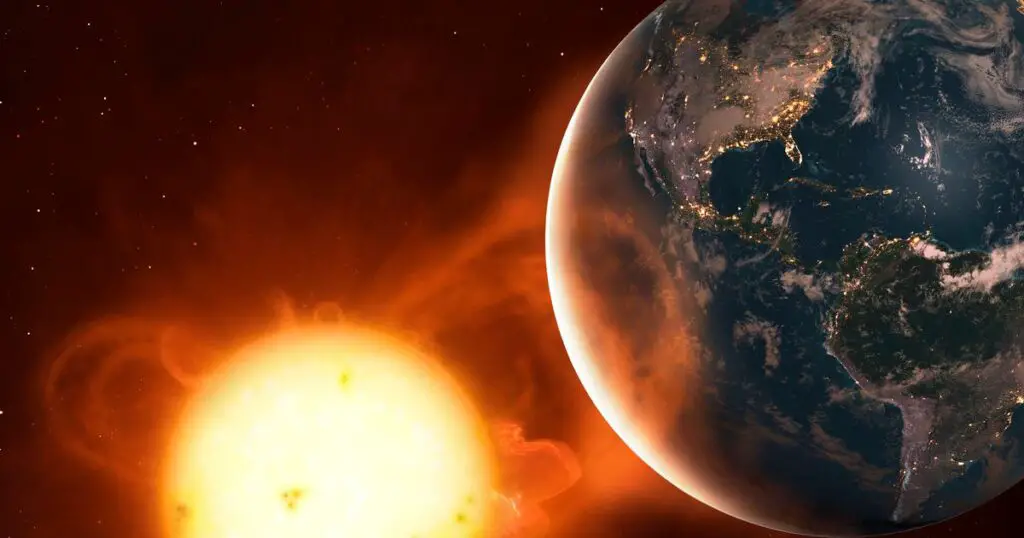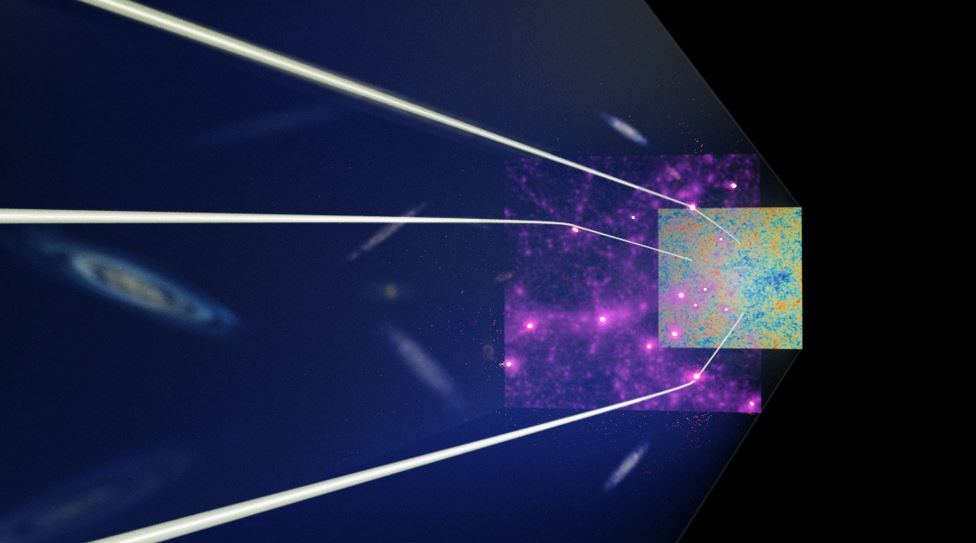No connection for 5 minutes and you’re lost? So imagine what your life would be like if the global internet network was down for several weeks! According to researchers, this is the risk we incur in the event of a major solar storm. A risk we must be prepared for.
On our Earth, a solar wind constantly blows made up of charged particles. Most of the time, these are fortunately blocked by the magnetic field that surrounds our planet. But sometimes the solar wind becomes a storm . And manages to slip into our atmosphere through the poles, threatening our navigation systems and our electrical networks. And even our communication networks.
Consequences Solar Storm could be worse than expected
Researchers from the University of California at Irvine (United States) are now suggesting that the consequences of such a solar storm could be worse than expected. Unfavorable space weather — a large enough coronal mass ejection — could cause an internet blackout . A failure that could last several weeks. Even several months.
Luckily, such solar storms are rare. At least, the ones that manage to touch the Earth. The researchers estimate — in a study not yet peer-reviewed — that the likelihood of one occurring is between 1.6 and 12 percent per decade. In our recent history, scientists especially remember one of them, the famous Carrington event , which occurred in 1859. It had set fire to the telegraph wires.
It’s probably true that a big solar storm could lead to internet disruptions, but that might be the least of the problems. It could also cause major power outages and damages that might take months to repair. I talked about this here:
Don’t be surprised If it happens
Since then, our society’s dependence on technology, especially the Internet , has continued to increase. Electricity network managers integrate the risk linked to solar storms. But few studies have been done on the potential impacts that such an event could have on the global internet network. Their verdict: the infrastructure is unprepared.
To connect the continents, in fact, long cables meander at the bottom of the seas. They are equipped with repeaters , to amplify the signals.
However, these are particularly sensitive to geomagnetic currents induced by charged particles coming from the Sun. A single repeater failure and the operation of an entire cable can be called into question.
Fortunately, the network was built to be resilient . And take other routes if the most direct one is cut off. Yet if enough repeaters fail simultaneously, it is feared that entire continents will find themselves cut off from each other. With repairs in an underwater environment always delicate.

If the terrestrial Internet network is cut following a solar storm, could the satellites also used to ensure the connections take over? Certainly not, say researchers at the University of California at Irvine (United States), because these satellites are just as likely to be damaged by the event.
Already, researchers estimate that a one-day internet outage in the United States would cost more than $7 billion. So imagine a blackout that could last for weeks or months… Researchers warn that when the next solar storm is detected at our star , we will have about 13 hours to react.
It would therefore be better to prepare beforehand by multiplying the cables at low latitudes– because the high latitudes are more exposed and it is there in particular that the cables which connect Europe and the United States are located, above 40° north latitude –, by better isolating the cables under sailors and developing resilience tests, for example. Especially since the satellites used to provide connections could also be affected.
The researchers say local connections should hold up better. Fiber optic cables are not affected by geomagnetic currents.




